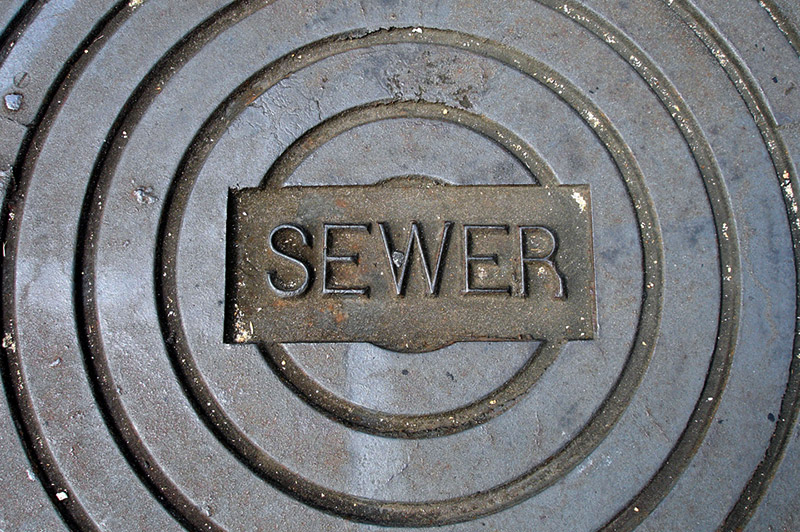When NOT to DIY: Septic Pumping
Do you really want to handle your septic pumping? By the way, that was a rhetorical question, of course you shouldn’t want anything to do with that. This is NOT your run-of-the-mill plumbing DIY project.
Maybe you’re turned off at the prospect of forking over a couple hundred dollars for a professional cleaning service. Maybe you’ve had success with other DIY projects. But before you get ahead of yourself, just stop right now.
Cleaning a septic tank is not for the faint of heart. There’s a lot to know before you carelessly expose yourself to dangerous bacteria that may invariably lead to bacterial infections and illness. Not surprisingly, in many states it is illegal to clean out your own septic tank.
When you hire a professional septic tank cleaning service you’ll notice they come equipped with powerful machinery and long hoses, which allows them to safely clean your septic tank.
Disposing of the septic waste is a huge undertaking. Even if you remain undeterred, in your ill-advised plumbing DIY try, answer this-Where will you take the collected waste? Because septic waste is biologically hazardous material, this is not something you can collect and leave at the city dump. In order to get rid of it, you typically need a permit, and access to the governing city sewer waste plant.

Four Helpful Septic System Maintenance Tips
- On average, a septic tank needs to be inspected and pumped every three to five years. Duration between cleanings will depend on the size of the tank, frequency of use, water conservation efforts, residential vs commercial, and local regulations. Remember, regular maintenance is far less costly than having to replace an entire septic system ($5 to $10K) due to negligence!
- Watch what you put down the drain. Disposable diapers, paper towels and baby wipes are just a few of the items which can clog pipes, while harsh chemicals may kill helpful sludge bacteria, causing the inevitable backup.
- Do NOT plant anything in the drainage field. Natural grass is ideal, and keep heavy structures: cars, boats, pergolas, etc., away from the tank because it could increase pressure, leading to a rupture.
- Contact SOS-Plumbing. The only Plumbing DIY step that you should undertake is to call a professional. Call now: (760)325-5225 or email at sosplumbinginc@gmail.com
